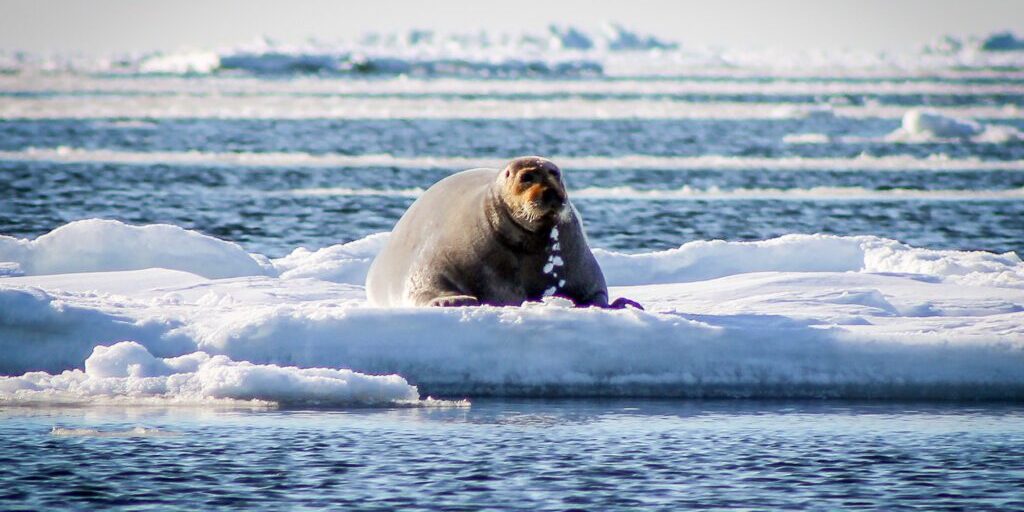The World Wildlife Fund (WWF) is introducing a new grant program aimed at supporting conservation projects across Alaska’s Arctic coastal regions. The Arctic Community Wildlife Grants Program offers up to $25,000 per project to bolster initiatives that protect wildlife and address environmental challenges.
WWF’s Manager for Arctic Wildlife, Elisabeth Kruger, explained that the program’s goals are twofold: to advance research on Arctic species amidst environmental shifts and to integrate the extensive traditional knowledge of Alaska Native communities.
“We need to understand what’s happening with these species now and what might be happening in the future. We also understand that people in Alaska have been living alongside these species for millennia and know the problems. We want to hear about those issues so we can support local solutions.”
- Elisabeth Kruger, Manager for Arctic Wildlife at World Wildlife Fund
Kruger said the initiative aligns with WWF’s broader mission to foster harmonious coexistence between people and nature. She noted that the WWF is acutely aware that global climate change is especially prominent in places like the Alaskan Arctic.
Her hope is that by funding local projects, like a pilot program focused on Harmful Algal Blooms they supported in Unalakleet, they can help communities adapt to these changes.
“This grant allowed them to engage immediately in something that’s part of a larger regional effort,” she explained, noting that the small-scale funding helped the community begin important environmental monitoring.
During their pilot program stage WWF also funded a subsistence harvest monitoring initiative by the Aleut Marine Mammal Commission and a non-invasive beluga monitoring project on the Yukon River.
The grant program is designed to accommodate diverse approaches, allowing communities to apply the funds in ways best suited to their specific challenges. Proposals can be standalone projects or serve as matches for larger federal funding.
“We purposely kept it broad,” Kruger said. “We’re looking for ideas that may have never been on our radar but might be something we absolutely want to fund.”
In addition to flexible criteria, WWF offers support in the application process, recognizing that some communities may lack the time or resources to prepare competitive submissions. Local WWF staff are available to assist in drafting applications or even taking verbal submissions over the phone.
Applications for the first round of funding need to be submitted by late November, with reviews set to begin in early December. Kruger said WWF anticipates funding eight to ten projects each year through the program.




